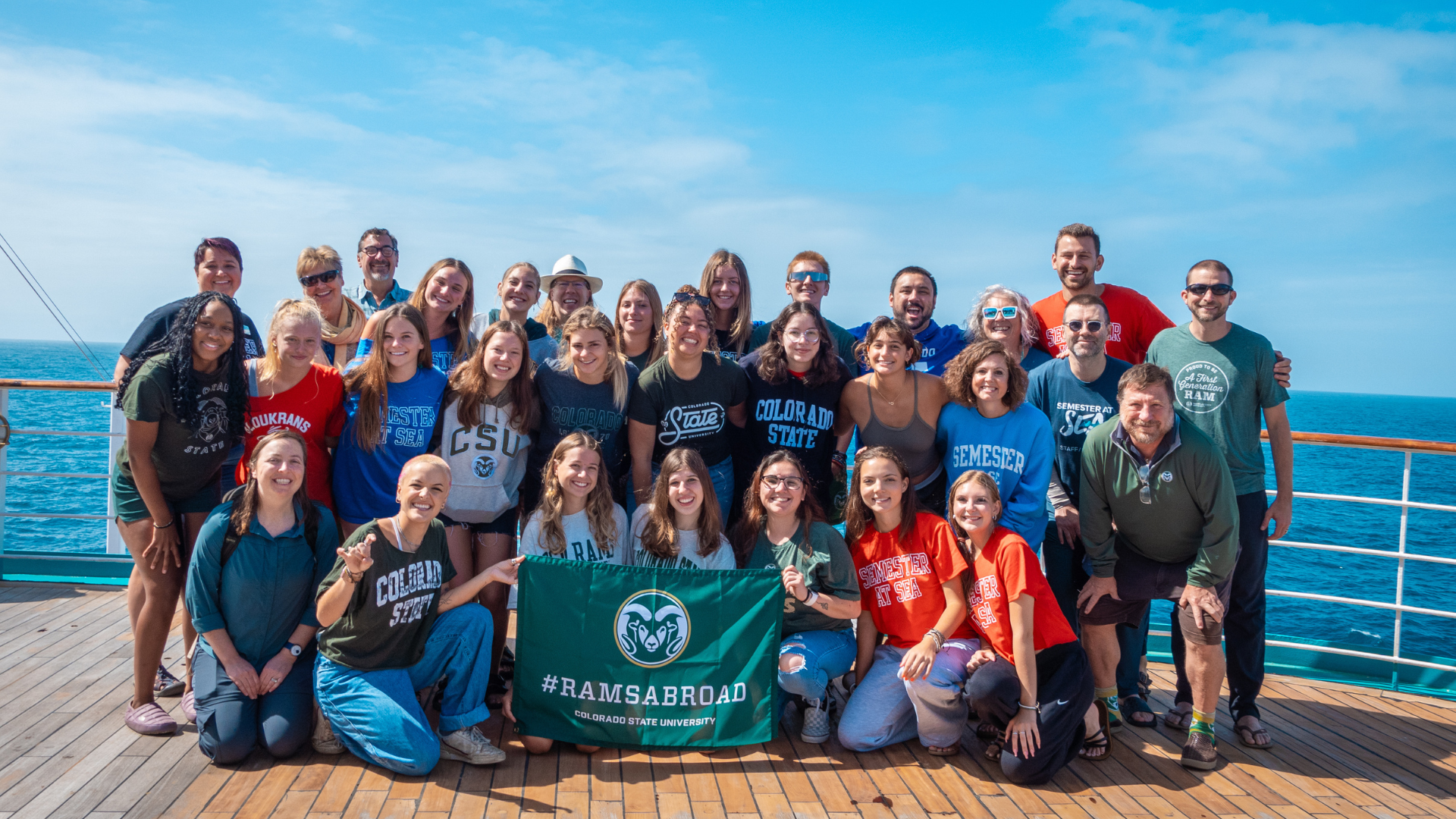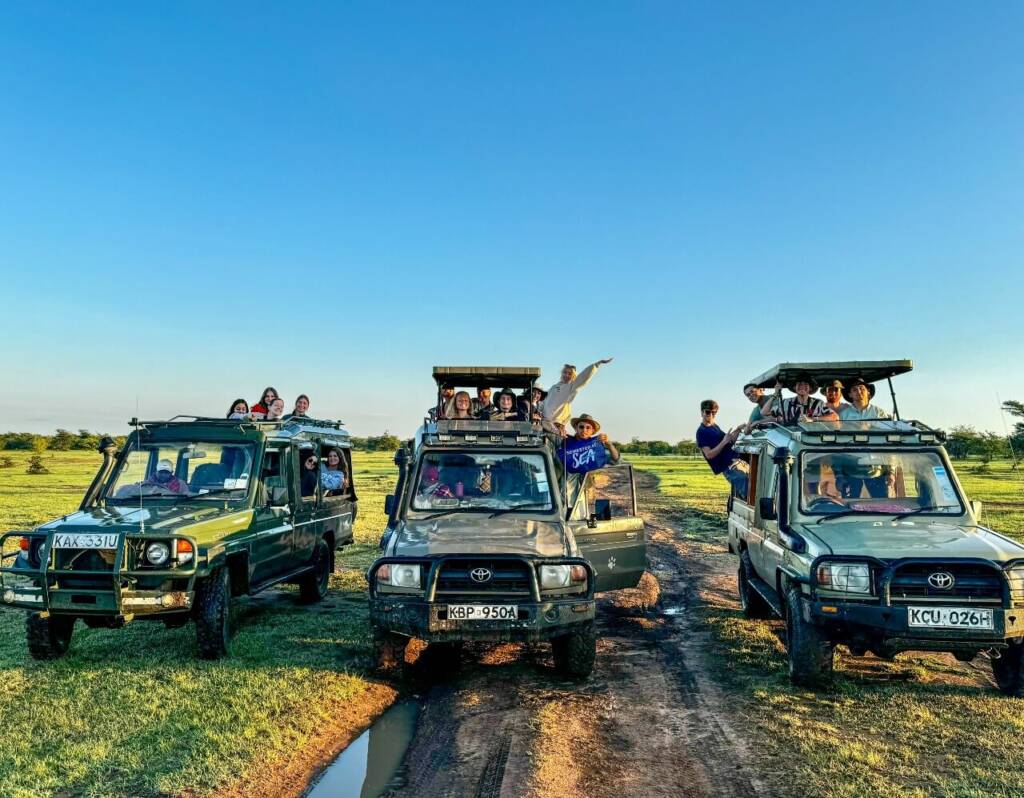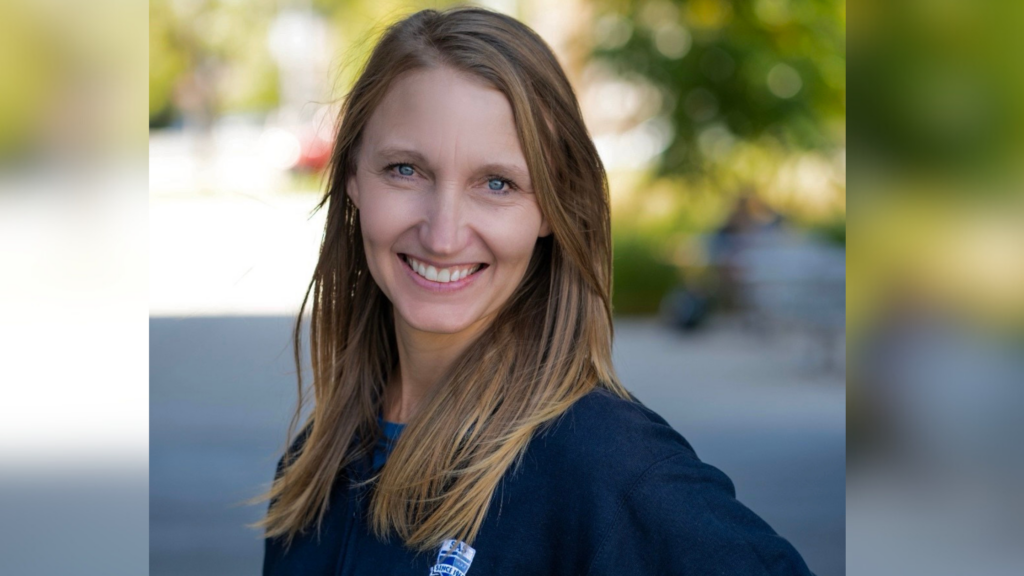Starting this fall, Colorado State University students sailing on Semester at Sea will not only be able to earn 12 academic credits while visiting 10 countries on three continents. They can also earn a new CSU certificate—one designed to prepare them for global careers and distinguish them as uniquely well-prepared to contribute in such roles and fields.
Offered exclusively to Semester at Sea students, the new 12-credit Certificate in Global Engagement will introduce students to global issues, international and intercultural perspectives, and sustainable development approaches. As the certificate description says, it is intended to distinguish recipients “as individuals prepared to positively impact our world.”
“Our alumni tell us their Semester at Sea experience not only changed their lives but it positively impacted their careers by making them stand out in a crowded applicant pool and contribute in an intercultural and interconnected world,” said Scott Marshall, President and CEO of Semester at Sea. “This unique Colorado State credential makes it even easier for our undergraduate and postgraduate students to showcase their readiness to, as our mission puts it, craft “bold solutions to global challenges.”
“The Global Engagement Certificate is a great step forward for CSU and SAS,” said Andrea Duffy, Assistant Vice Provost, who sailed on the Spring 2019 voyage. “It elevates the SAS experience by highlighting the wide range of applicable skills that students cultivate through this unique experience and packages these skills in a way that is meaningful for potential employers. I am excited to see it become available to all SAS students in the near future and to inspire the development of other valuable and innovative microcredentials at CSU.”
The new certificate was designed by CSU faculty who taught on previous voyages including Kelly McKenna, associate professor of adult education and training, who helped champion the certificate’s creation. It was approved by CSU’s University Curriculum Committee on Feb. 2, 2024. CSU students sailing this fall will be the first to earn the newly approved Certificate in Global Engagement. CSU plans to expand access to the certificate to all Semester at Sea students soon, as part of an ongoing initiative to offer undergraduate certificates to non-degree-seeking students.
To earn the certificate, students must take Global Studies, Semester at Sea’s one required course, along with three other classes commonly offered onboard. About 12 common courses have been approved to fulfill the certification’s requirements. Students who complete the required coursework will earn the Certificate in Global Engagement, which will be reflected on their CSU/SAS transcript.
As the certificate description puts it, in order to “address the global challenges of today and tomorrow, innovative problem solving derived from multiple perspectives and diverse backgrounds is necessary.” The certificate “draws upon the Semester at Sea experience, unites the expertise of varied disciplines and further supports the intercultural competencies necessary to succeed in today’s global market.” The Global Engagement Certificate will complement careers in business, education, government, economics, nonprofit, media, travel, health, the arts, and more.
Semester at Sea is a 60-year-old study abroad program that takes students on semester-long voyages to 10 countries on three continents each fall and spring semester. Colorado State University has been the program’s academic partner since 2016.




